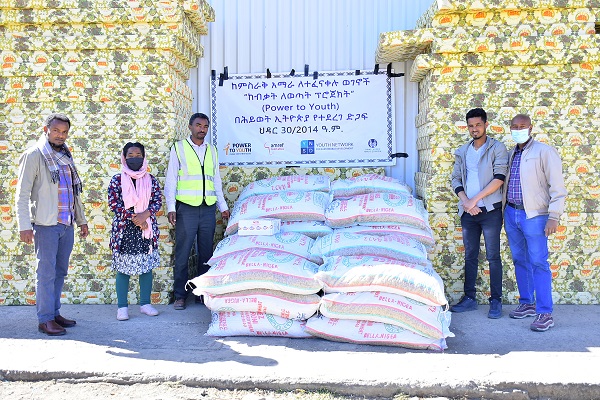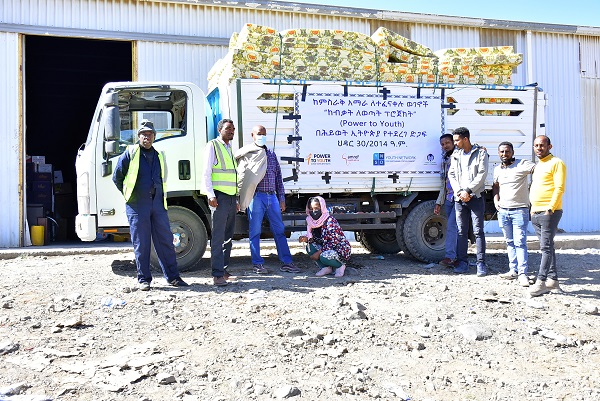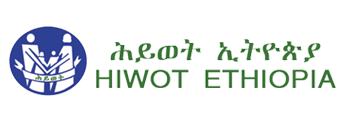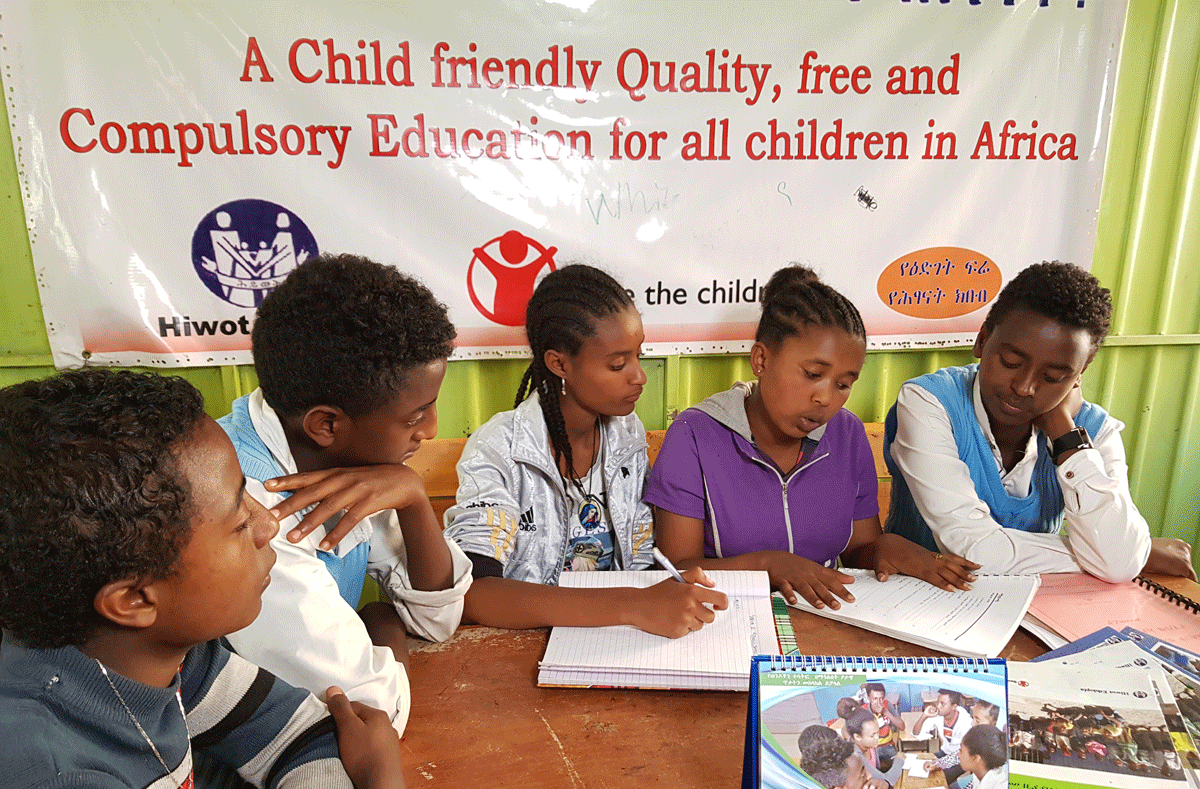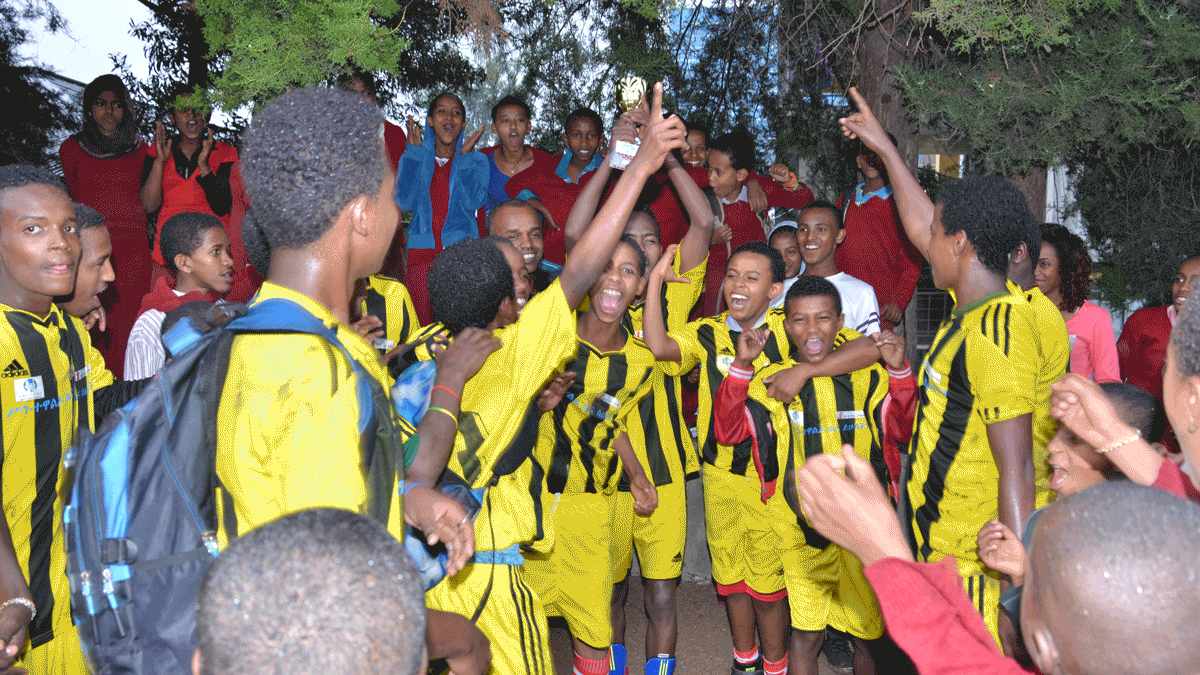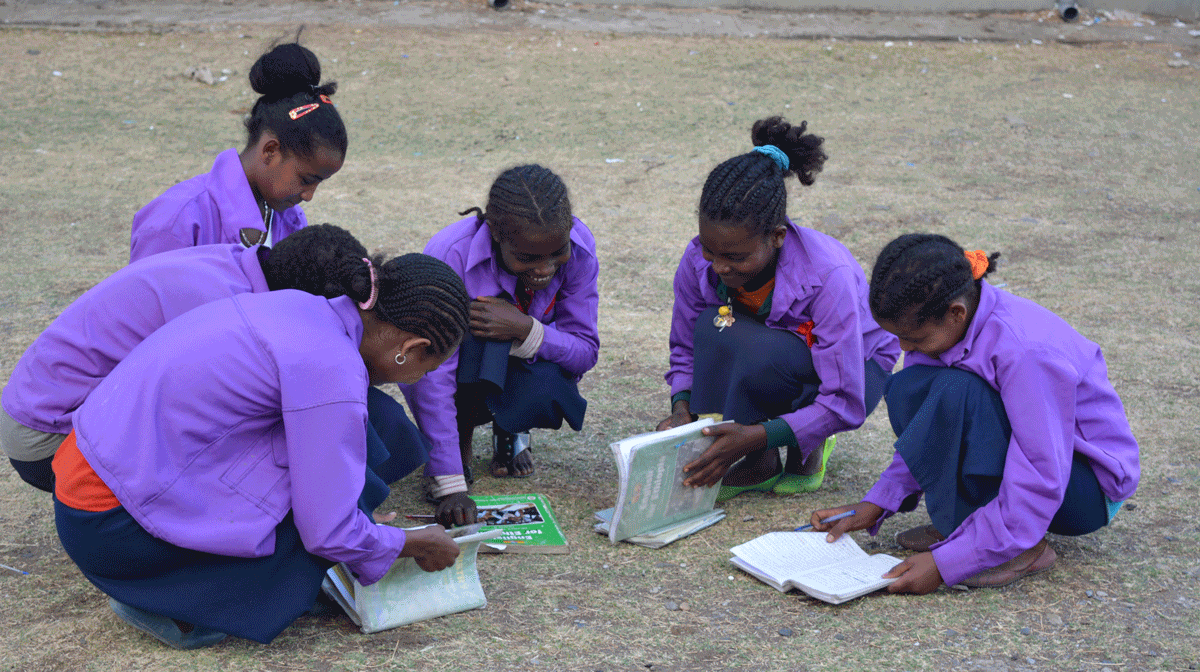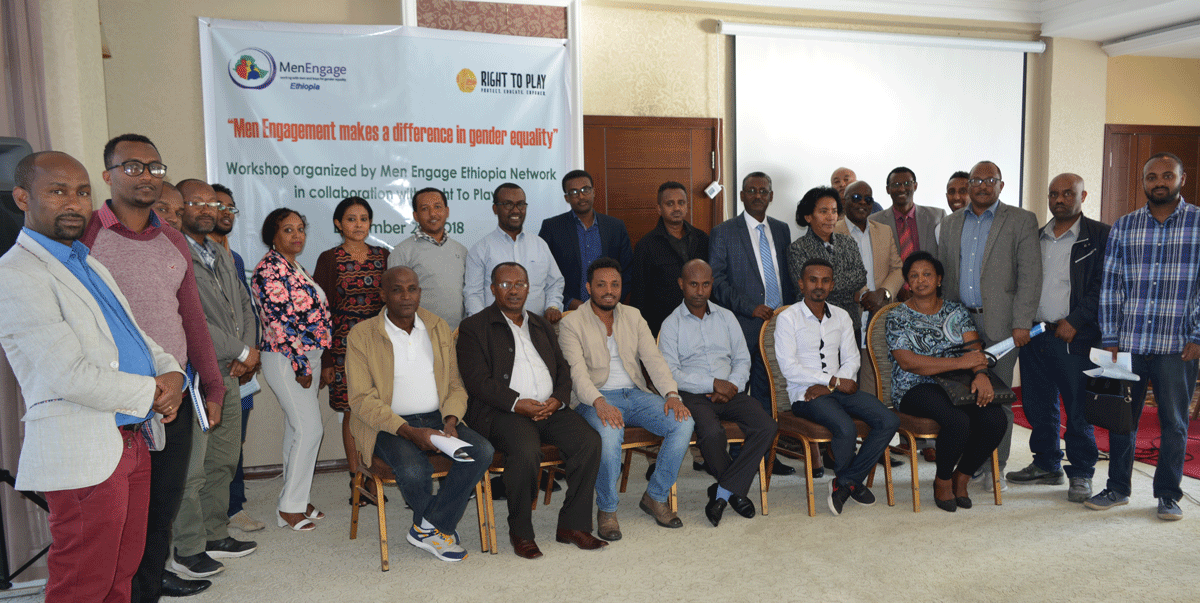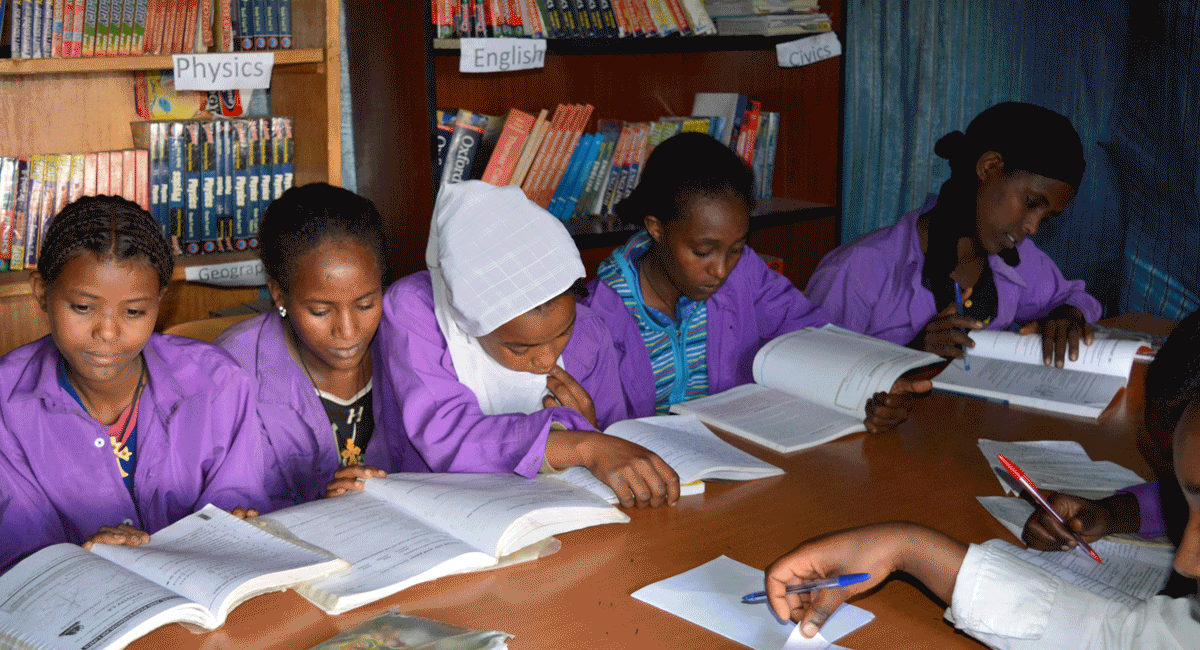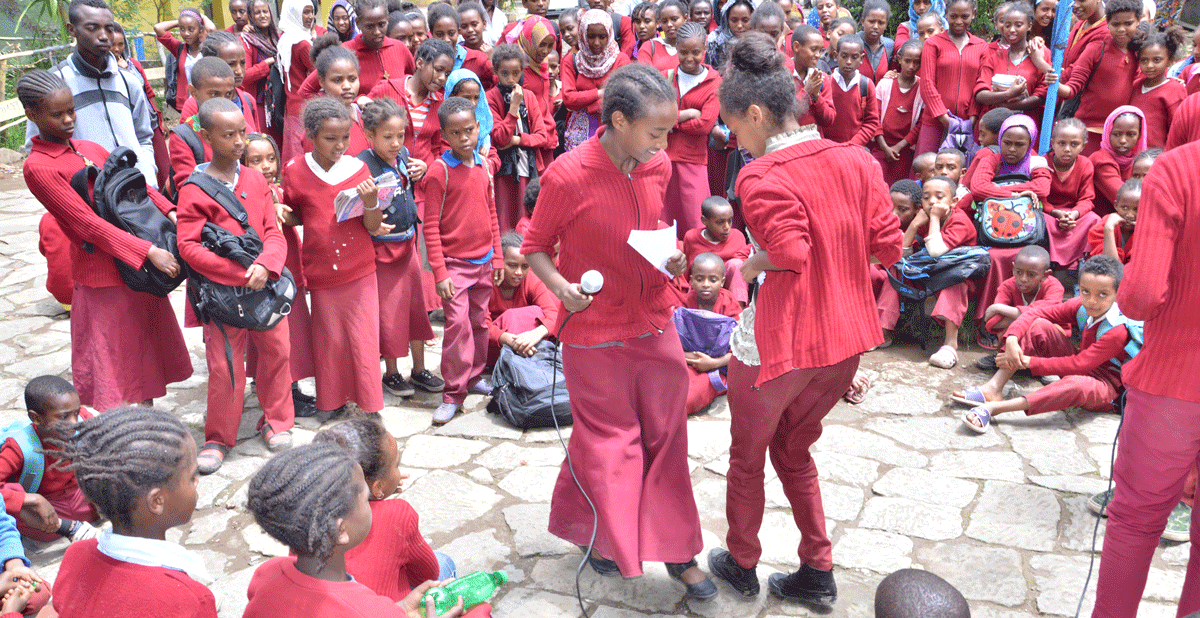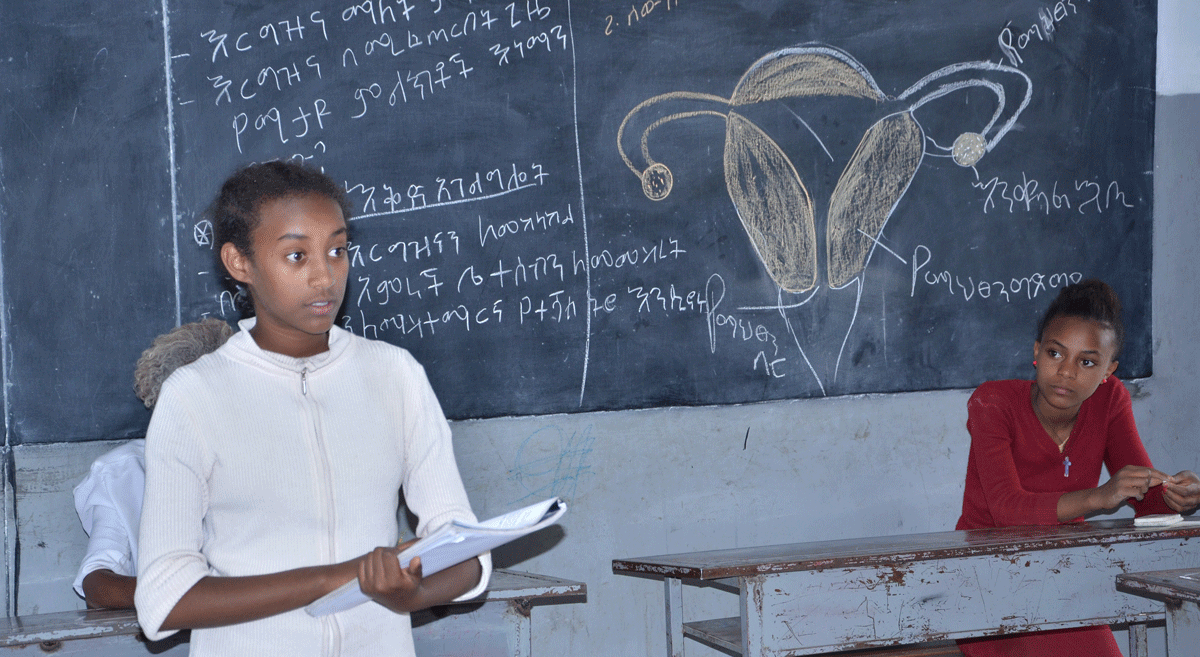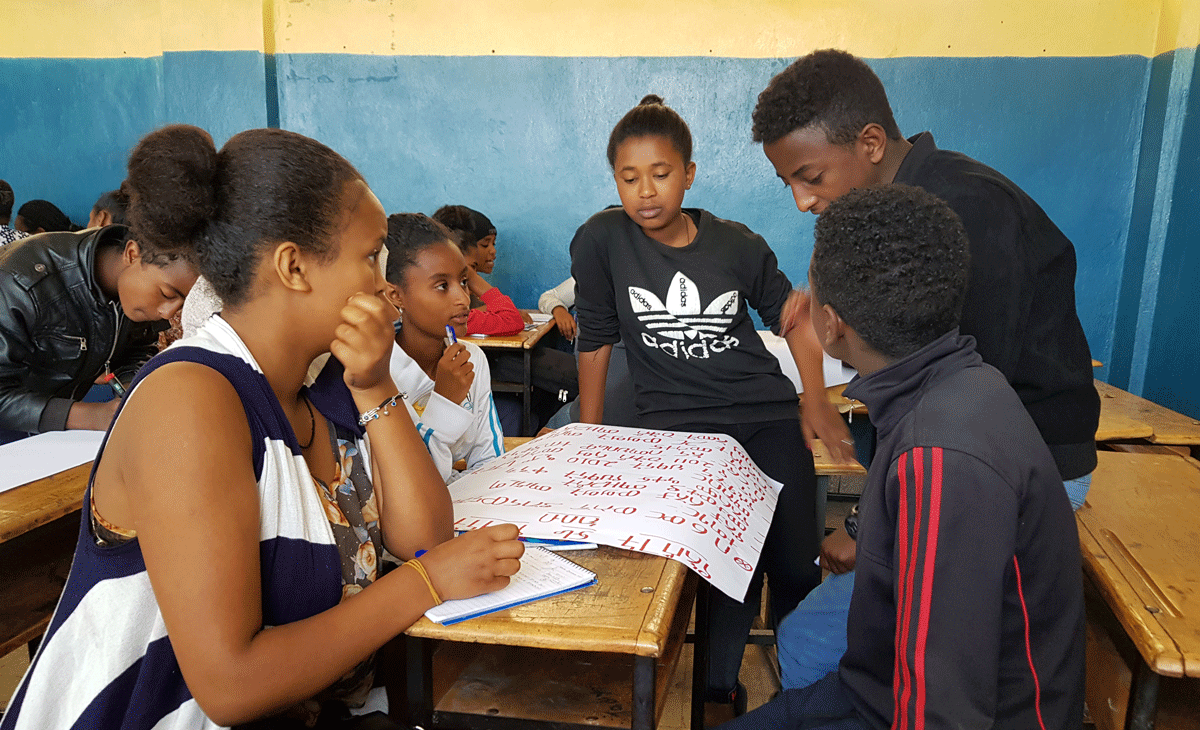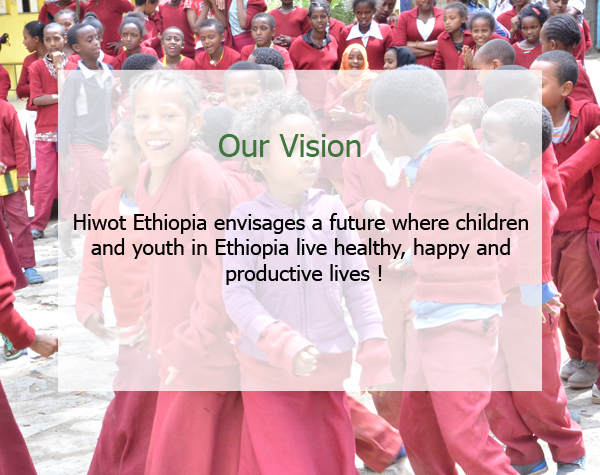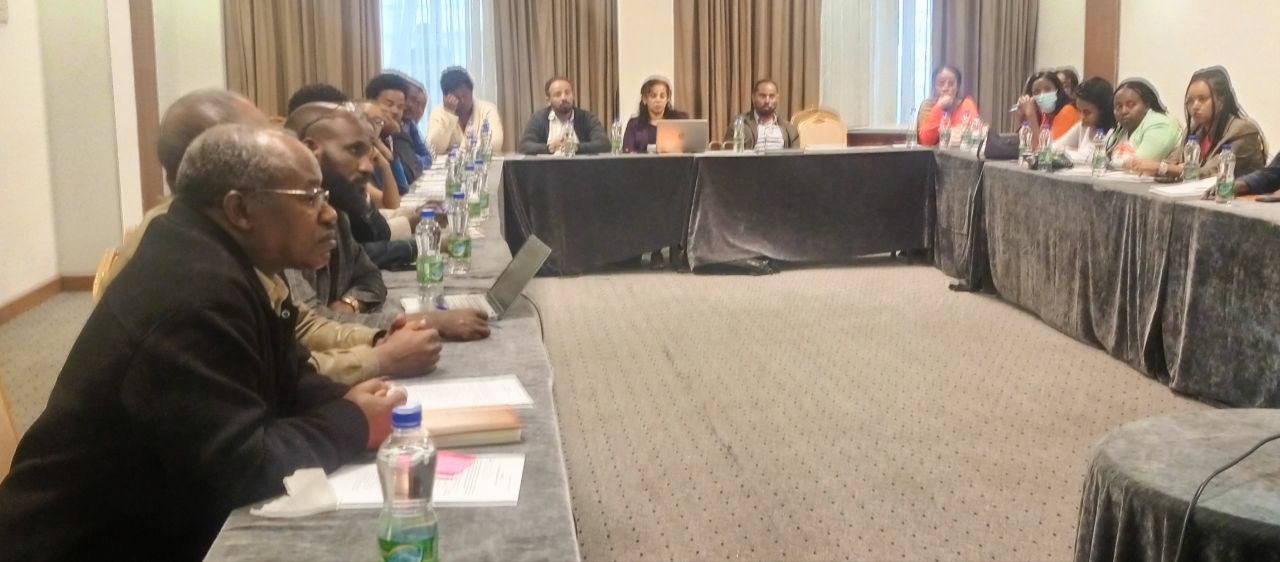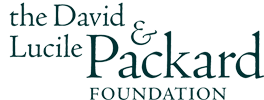Hiwot Ethiopia
“Hiwot” means “Life”. Hiwot Ethiopia was initially established as a youth club by fourteen young people who wished to make a difference. From these small beginnings, Hiwot Ethiopia grew and developed into an association, then a registered NGO with the Charities and Societies Agency as an Ethiopian Civil Society Organization/NGOs/ charity focused on working with children and youth. Hiwot Ethiopia delivers a range of multi-year projects with a number of local and international partners.
Dream
“We have dreams that have to be true. But we are in a new situation now. We are facing HIV/AIDS. We all are at risk, in the same boat. We have to do something about it and not die at this early age” Thus, we have organized our self and established a youth club where we can meet and discuss each other about HIV&AIDS and other relevant issues and work together. This was the first discussion we had together with the founding members to establish the then Hiwot anti-AIDS Club/association and now Hiwot Ethiopia.
Programs
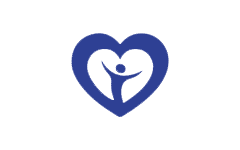

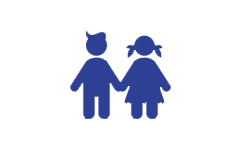
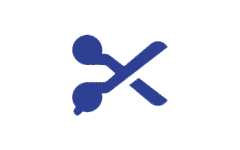
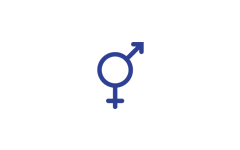

Ongoing Projects
Latest News
Find our latest detailed news
Address critical humanitarian concerns
Because of the ongoing conflicts and other economic factors, girls, particularly those from economically poor families, are directly affected and forced to be absent from school. Therefore, Hiwot, in close…
Safeguarding for Civil Society Organizations
Social Development Direct (SDD) is committed to localising the Ethiopian resource support hub through building the organisation’s capacity. SDD and Hiwot have signed a four-month (December 2023–March 2024) agreement to…
New HIV prevention training
Hiwot Ethiopia has been implementing Addressing Vulnerable Adolescents and Youth to Prevent New HIV and STI Transmission in Addis Ababa with the financial support of the AIDS HealthCare Foundation (AHF)….
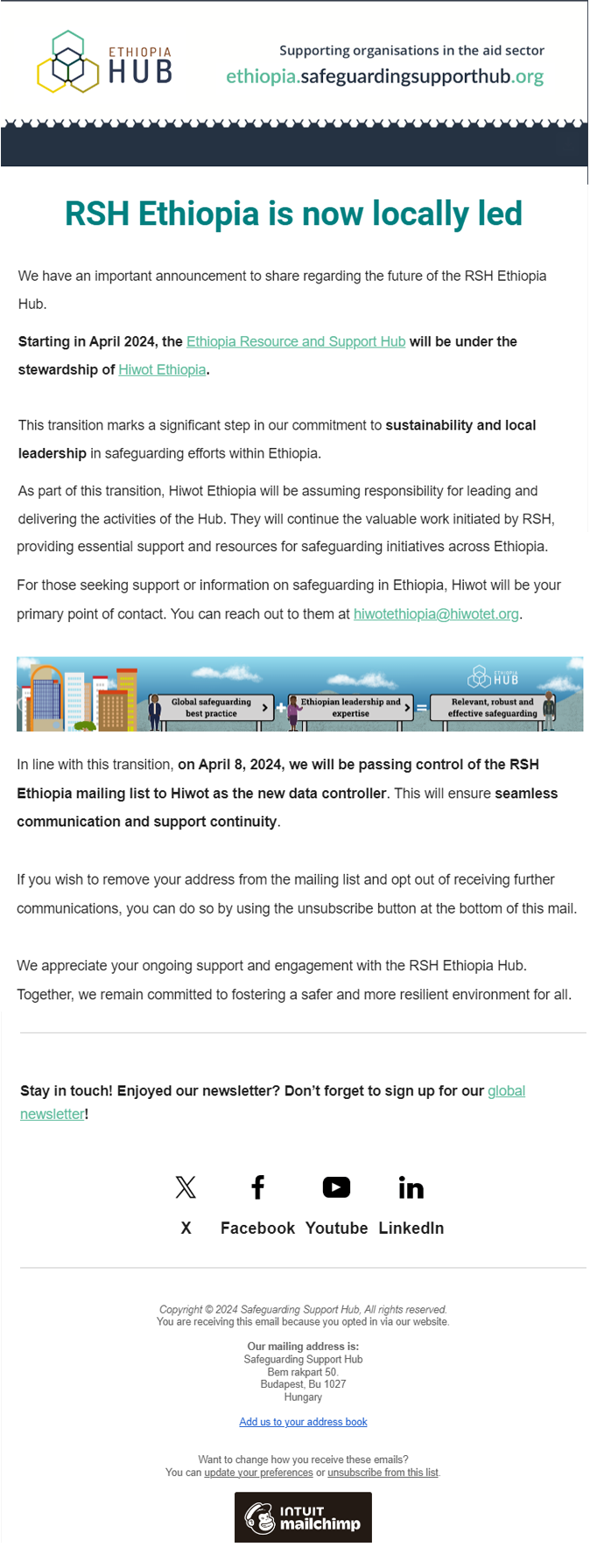
Education Emergency Response
Situation: the security situation in Northern Ethiopia is highly unpredictable, with the recent escalation of heavy clashes between the government and Tigray Forces and their respective allied forces in the Amhara and Afar regions. Since then, Ethiopia’s Minister of Justice has declared a nationwide state of emergency.
Over 840,000 have been displaced due to conflict in the two regions, according to estimates by the Government of Ethiopia. High levels of food insecurity in Northern Ethiopia remain a major concern. Urgent action is needed to reach the displaced people with emergency food and other related assistance.
https://www.high-endrolex.com/20
IDPs Support
Hiwot Ethiopia in collaboration with “Power to Youth” project purchased and delivered emergency response support to internally displaced people/IDPs located in Debreberahn town of Northshewa Zone of Amhara region.
Based on the need assessment collected from North Shoa Zone Administration and food security and risk prevention Bureau, Hiwot Ethiopia management committed to purchase Mattress and Macaroni. Therefore, 50 Mattresses, 10 Quintal /40 sacks, 25kgeach/ of Macaroni and one packet of Spaghetti delivered to North Shoa Zone food security and risk prevention office on December 11, 2021 at Debreberhan town. “Power to Youth” project is funded by the Ministry of foreign Affairs of the Netherlands through Amref Health Africa. Hiwot Ethiopia would like to acknowledge Power to Youth project implementing partners; Amref Health Africa, Ethiopia country office and YNSD.
The Malala Fund has partnered with Hiwot Ethiopia, Education for Sustainable Development, We-Action, Amhara Women Association, and Center of Concern to support girls, community groups, and schools affected by the conflict between the Government of Ethiopia and the Tigrian Liberation Front in the Amhara Region. The project aims to save girls and young women’s lives by providing food and nonfood items to them, as well as practical support to schools and students. The project has reached 1725 families, 636 children, 1338 girls and women, 911 families, 11 schools, and 4008 students. The project has been funded by the Malala Fund, Amhara National Region State Government, and other stakeholders. The project has achieved four major outcomes under Hiwot Ethiopia’s leadership.
Major achievements
1.The Disaster Prevention and Food Security Commission, Amhara Regional State Bureaus of Finance, Education, Women, Children, and Social Affairs, and implementing partners signed an operational agreement in March 2022 to establish responsibilities and ensure cooperation. A workshop was held in Bahir Dar Town on April 6, 2022, with 39 participants. In North Shewa Zone, Debre Berhan Town, a launching workshop was organized on May 30, 2022. A taskforce was formed to collaborate with implementing partners and assist with project execution.
2. The Education Emergency Response Project, under outcome 1, had planned to save over 2770 children, girls, young mothers, and their families lives through delivering food and noon food items. During the implementation period, 4410 children, girls, and families’ found in East and North Amhara have received food, supplementary food, and noon food items, including hygiene and sanitary management items. These supports helped the children, girls, young mothers, and their families access nutritional food and lunch food items.
3. training on informed safeguarding, violence, abuse, and trauma practice emphasises physical, psychological, and emotional safety for everyone and creates opportunities for survivors to rebuild a sense of control and empowerment. The Education Emergency Response Project, under outcome 2, has planned to deliver training for 408 girls and service providers on safeguarding, GBV, trauma, and case management. During the implementation period, 571 girls, IDP coordinators, volunteers, women, children, and youth affairs, and CSOs were trained on safeguarding, GBV trauma, and case management. The training enabled service providers to embrace and develop a deep understanding of safeguarding, GBV, and trauma handling practices that allow them to provide counselling and psychosocial services for girls and boys once they are needed. Similarly, trained service providers organised meetings and established referral service provision pathways in the respective IDP centres.
4. the Education Emergency Response Project under Outcome 3 has planned to deliver a safe space for girls to protect them from any form of abuse and violence that occurs in the IDP center. During the implementation period, partnerships were created among national and international NGOs that have implemented emergency response projects in the IDP center. The partnership was established based on each partner’s experiences and expertise in guidance, counselling, and psychosocial support for the girls and boys in the IDP enter. Accordingly, the project established a safe space and service delivery corner and delivered awareness and services to 494 girls and boys (200 boys and 293 girls and young women) on GBV, abuse and exploitation, guidance, counselling, and psychosocial services. As a result, girls and boys awareness increased and they were protected from any form of abuse or violence.
5. The Education Emergency Response Project aims to motivate girls to return to school and equip affected schools in the project target areas. Partner organizations collaborated with government partners to identify necessary materials and equip eleven primary and secondary schools with necessary equipment. This support facilitated the teaching and learning process, attracting girls to return and attend their education. 4008 girls from 12 schools received scholastic materials, including uniforms, exercise books, pens, pencils, sanitary pads, sanitizer, and detergent. The project also provided food, supplementary foods, hygiene, and sanitary materials, which saved children, young girls, women, and their families’ lives. Trainings on safeguarding, gender-based violence, and trauma management were provided to service providers, IDP center coordinator teachers, and other government partners. The project also created safe spaces and reduced abuse, violence, and trauma for girls and boys, reducing dropout rates.
